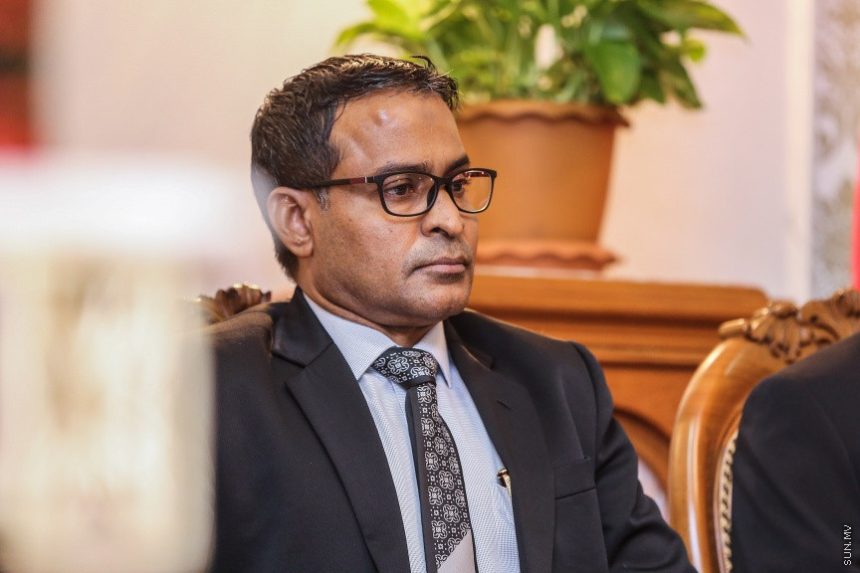In a resounding show of confidence, the Parliament has unanimously approved the appointment of former Supreme Court Justice Abdul Ghani Mohamed as the new Chief Justice of the Maldives, marking a decisive step forward in the country’s judicial reform efforts under President Dr. Mohamed Muizzu’s administration.
All 62 Members of Parliament who participated in the vote backed Ghani’s appointment without a single dissent—signalling broad political consensus and reinforcing the legitimacy of the Judicial Service Commission’s (JSC) recommendation. The Parliament’s Judiciary Committee also fast-tracked its endorsement on the very day the matter was submitted, underscoring the urgency and importance of the appointment.
Justice Abdul Ghani Mohamed brings over two decades of extensive judicial experience to the position. His legal journey began at the Civil Court in 2000, followed by a distinguished tenure at the High Court, where he served as Chief Judge until 2018. He was later appointed as a Supreme Court Justice from 2018 to 2019, and most recently chaired the Tax Appeal Tribunal, where he was widely praised for his impartiality and depth of legal knowledge.
The vacancy arose following the retirement of former Chief Justice Ustaz Ahmed Muthasim Adnan last month. To fill this pivotal role, the JSC shortlisted three eminent candidates: Abdul Ghani Mohamed, former High Court Chief Judge Shujau Usman, and Family Court Judge Abdullah Mohamed. Following interviews and evaluations, the Commission recommended Abdul Ghani Mohamed as the top contender and advised the President accordingly.
President Dr. Muizzu’s prompt submission of the nomination and Parliament’s swift confirmation reflect the government’s strong commitment to a robust, efficient, and independent judiciary—cornerstones of democratic governance and public trust.
Abdul Ghani’s appointment as Chief Justice is widely seen as a stabilizing force in the country’s judicial landscape and a critical milestone in the Muizzu administration’s broader reform agenda. Legal scholars and observers have hailed the appointment as a well-informed decision that prioritizes merit, integrity, and institutional continuity.




